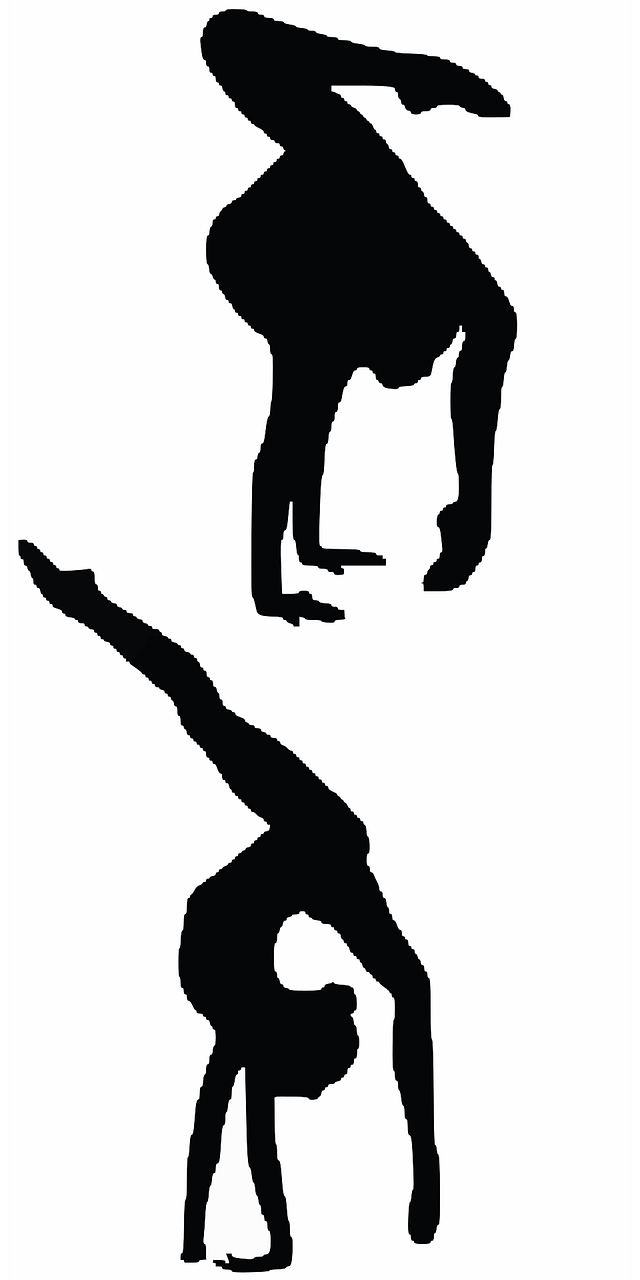The Power of Gratitude: Unleashing Positivity and Well-being through the Art of Appreciation
In today's fast-paced world, it's easy to get caught up in the hustle and bustle, focusing on our goals and desires while often overlooking the simple joys that surround us. However, amidst the chaos, a powerful yet often overlooked emotion plays a significant role in shaping our mental health and relationships - gratitude. Gratitude, the noun that embodies heartfelt appreciation for what we have, can transform our outlook and lead to a more fulfilling life.
The term "gratitude" originates from the Latin word "gratia," meaning grace or favor. It is not just a fleeting emotion but a practice that has been scientifically proven to have numerous benefits, both for the giver and the recipient. Research conducted by Dr. Robert Emmons, a leading expert in gratitude studies, has shown that cultivating gratitude can lead to increased happiness, better sleep, reduced stress, and even stronger immune systems.
Let's dive into the science behind this positive emotion. When we express gratitude, our brain releases hormones like dopamine and oxytocin, known as the "feel-good" hormones. Dopamine, associated with pleasure and reward, creates a sense of satisfaction, while oxytocin, often referred to as the "love hormone," fosters feelings of connection and social bonding. This chemical reaction not only uplifts our mood but also strengthens our resilience in times of adversity.
Moreover, a study published in the Journal of Personality and Social Psychology found that people who regularly practiced gratitude experienced a 25% reduction in their perceived stress levels. This is because gratitude helps shift our focus from what we lack to what we have, thus reducing the impact of negative thoughts and circumstances on our well-being.
Gratitude also plays a pivotal role in fostering stronger relationships. Expressing gratitude towards others has been shown to increase empathy and deepen connections. According to a research article in the Journal of Positive Psychology, those who practice gratitude actively tend to have more supportive friendships and better romantic relationships. When we acknowledge the efforts and kindness of others, we create a culture of appreciation that reciprocates positively.
Now let's explore some practical ways to incorporate gratitude into our daily lives:
1、Daily gratitude journaling: Set aside a few minutes each day to write down three things you're grateful for. This simple exercise helps you reflect on the good in your life and reinforces positive thinking.
2、Verbal expressions: Tell someone how much you appreciate them or share your gratitude publicly. A heartfelt "thank you" goes a long way in strengthening bonds.
3、Mindful moments: Take time to appreciate the little things, such as a beautiful sunset, a delicious meal, or a kind gesture from a stranger. Being present and acknowledging these moments cultivates gratitude.
4、Gratitude meditation: Engage in guided meditations that focus on cultivating feelings of thankfulness. This practice can help quiet the mind and foster a more positive outlook.
5、Acts of kindness: Pay it forward by doing something kind for someone else without expecting anything in return. This act of gratitude not only benefits the recipient but also fills your own heart with warmth.
Remember, gratitude is not just about feeling thankful; it's about making a conscious effort to acknowledge and appreciate the abundance in our lives. By embracing gratitude, we open ourselves up to a wealth of emotional, social, and physical benefits, ultimately contributing to a more balanced and joyful existence.
So, take a moment now to pause and reflect on what you are grateful for. As you do so, you'll find yourself embarking on a journey of self-discovery and appreciation that extends far beyond the simple definition of a noun.








